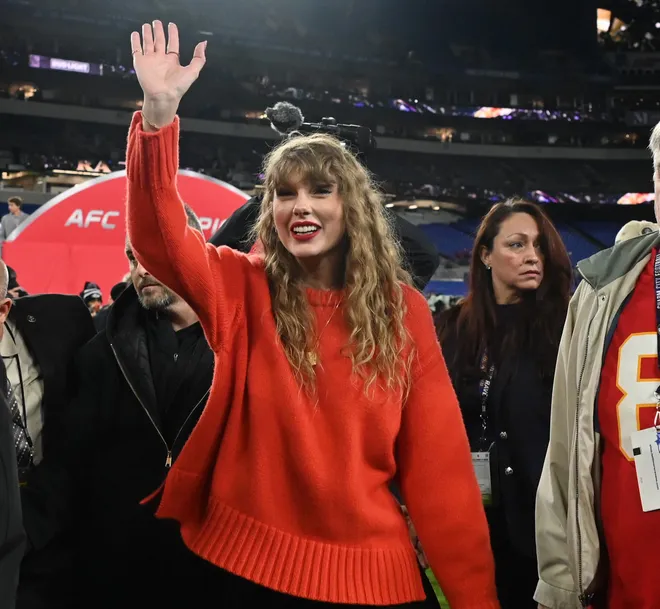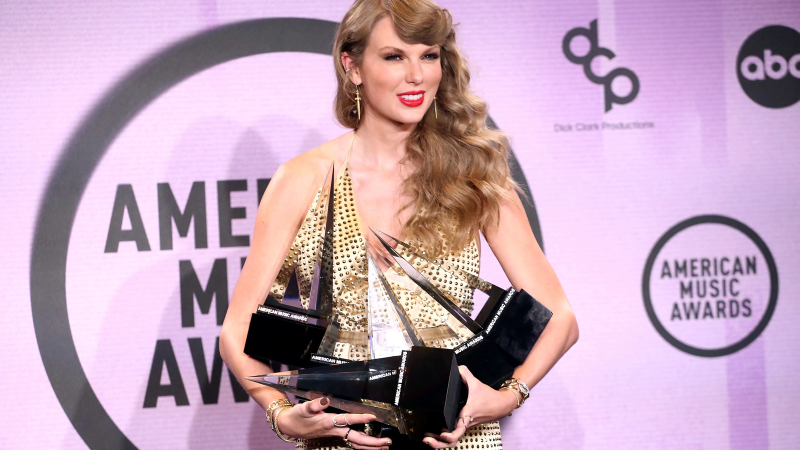X curbs searches for Taylor Swift following viral sexually explicit AI images
Just days after sexually explicit artificial intelligence images of Taylor Swift went viral on X, searches for her name on the platform formerly known as Twitter no longer produce results.
As of Monday morning, all searches for Taylor Swift yield a message that reads, "Something went wrong. Try reloading." However, putting quotation marks around her name allows posts to appear that mention her name.
The search error comes after a slew of sexually explicit deepfake images of Swift made the rounds on the social media site, angering fans and highlighting harmful implications of the technology.
X's head of business operations, Joe Benarroch, told the BBC and The Associated Press in a statement that the move was a "temporary action" to prioritize user safety.
USA TODAY has reached out to Swift's rep for comment.

In one mock photo, created with AI-powered image generators, Swift is seen posing inappropriately while at a Kansas City Chiefs game. The Grammy award winner has been seen increasingly at the team's games in real life supporting football beau Travis Kelce.
Following backlash around the images, X released a statement on its Safety account.
"Posting Non-Consensual Nudity (NCN) images is strictly prohibited on X and we have a zero-tolerance policy towards such content," the post read. "Our teams are actively removing all identified images and taking appropriate actions against the accounts responsible for posting them."
Swift has not commented on the images publicly.
The singer was still all smiles as she attended Sunday's Chiefs game against the Baltimore Ravens, sharing a kiss with Kelce. The Chiefs are now Super Bowl-bound after beating out the Ravens 17-10.
What you need to know:Sexually explicit Taylor Swift AI images circulate online, prompt backlash
Deepfake AI images, videos of celebrities seen increasingly online
AI images can be created using text prompts and generated without the subject's consent, creating privacy concerns.
AI-generated deepfakes — manipulated video produced by machine-learning techniques to create realistic but fake images and audio — have also been used increasingly to create fake celebrity endorsements.
A wide variety of other fake images have spread online in recent years, including photos of former President Donald Trump being arrested, tackled and carried away by a group of police officers that went viral on social media last year. At the moment, it's still possible to look closely at images generated by AI and find clues they're not real. One of the Trump arrest images showed him with three legs, for example.
But experts say it's only a matter of time before there will be no way to visually differentiate between a real image and an AI-generated image.
"I'm very confident in saying that in the long run, it will be impossible to tell the difference between a generated image and a real one," James O'Brien, a computer science professor at the University of California, Berkeley, told USA TODAY. "The generated images are just going to keep getting better."
Artificial intelligence:Taylor Swift AI-generated explicit photos just tip of iceberg for threat of deepfakes
Contributing: Chris Mueller, USA TODAY; The Associated Press

Disclaimer: The copyright of this article belongs to the original author. Reposting this article is solely for the purpose of information dissemination and does not constitute any investment advice. If there is any infringement, please contact us immediately. We will make corrections or deletions as necessary. Thank you.






